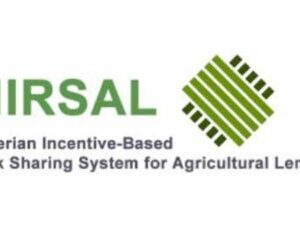Nigeria has officially been removed from the Financial Action Task Force (FATF) “grey list” after meeting the required standards under its Action Plan, signalling a significant boost for the country’s anti-money-laundering (AML) and counter-terrorism-financing (CFT) regime.
Naija News reports that the decision was announced at the FATF’s October 2025 plenary in Paris. The institution cited Nigeria’s stronger inter-agency coordination and improved regulatory oversight as key factors for the removal.
“For us, the Action Plan was not the ceiling, but the floor” — Edun
Speaking on behalf of the Nigerian delegation, the Coordinating Minister of the Economy, Wale Edun emphasised that delisting is only a foundation for deeper reform. According to official government media, he said, “Nigeria’s ambition was never limited to simply completing the Action Plan and exiting the grey list. Our focus has been on driving reforms and strengthening institutions to ensure Nigeria effectively counters money laundering and terrorist financing. For us, the Action Plan was not the ceiling, but the floor of our aspirations.”
Another statement attributed to him described the development as a “vote of confidence in our economy and the integrity of our monetary and financial systems, signalling to investors and global partners that Nigeria’s institutions are strong, transparent and internationally trusted.”
Coordinated efforts underpin the achievement.
Nigeria had been placed on the grey list in February 2023 due to strategic deficiencies in its AML/CFT framework. Over the intervening period, the following reforms were implemented:
- Enactment of the Money Laundering (Prevention and Prohibition) Act 2022 and the Terrorism (Prevention and Prohibition) Act 2022.
- Operationalisation of the Beneficial Ownership Register to improve transparency around legal persons and corporate ownership.
- Strengthened supervisory frameworks for both financial institutions and non-financial gatekeepers (DNFBPs).
- Enhanced intelligence-sharing and inter-agency cooperation via the Nigerian Financial Intelligence Unit (NFIU), the Economic and Financial Crimes Commission (EFCC), and other regulatory bodies.
At the FATF plenary, the body noted that Nigeria had “demonstrated strong political commitment to fight financial crimes” and had moved from partially compliant to largely compliant in core technical areas.
© 2025 Naija News, a division of Polance Media Inc. Contact us via [email protected]








